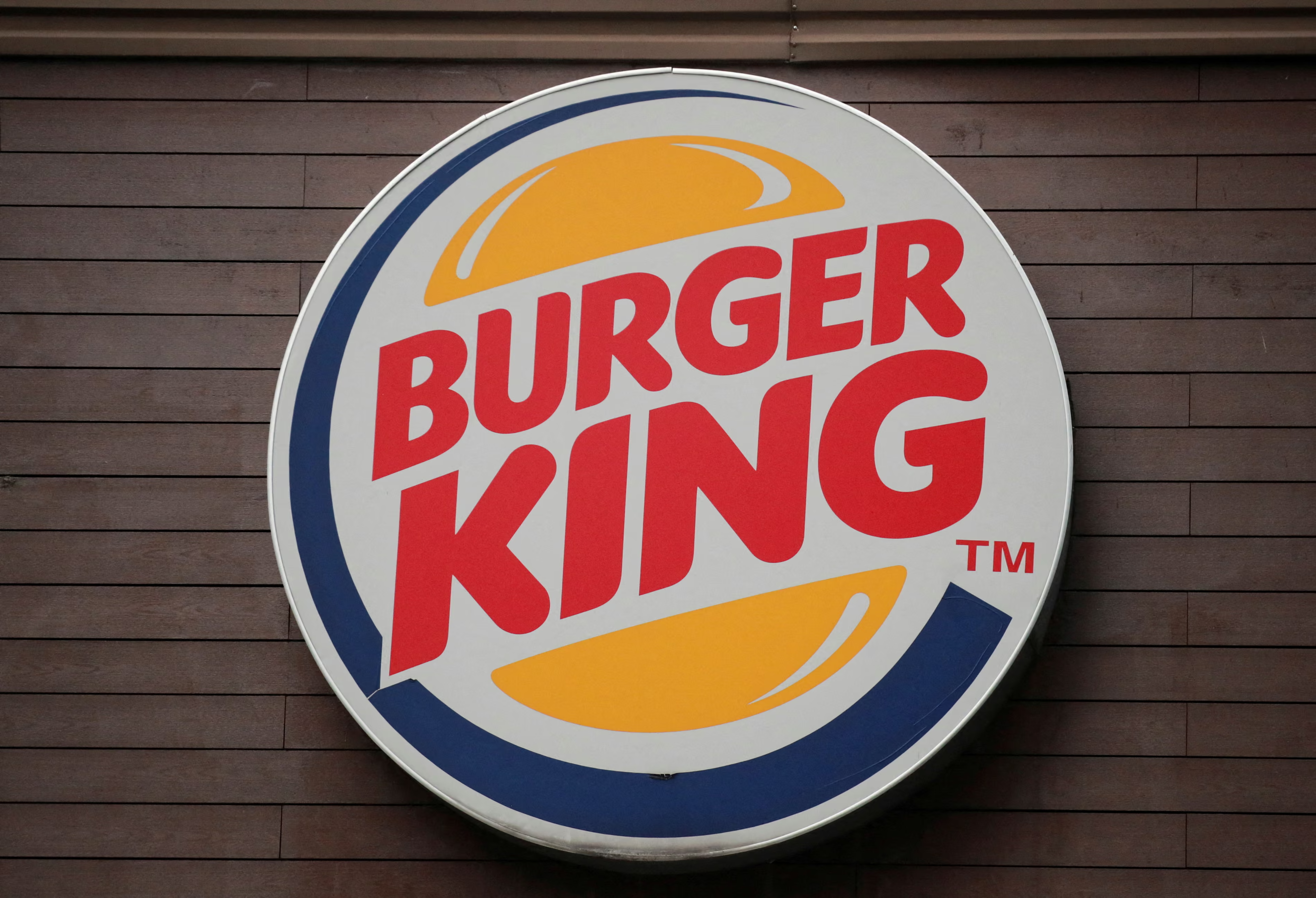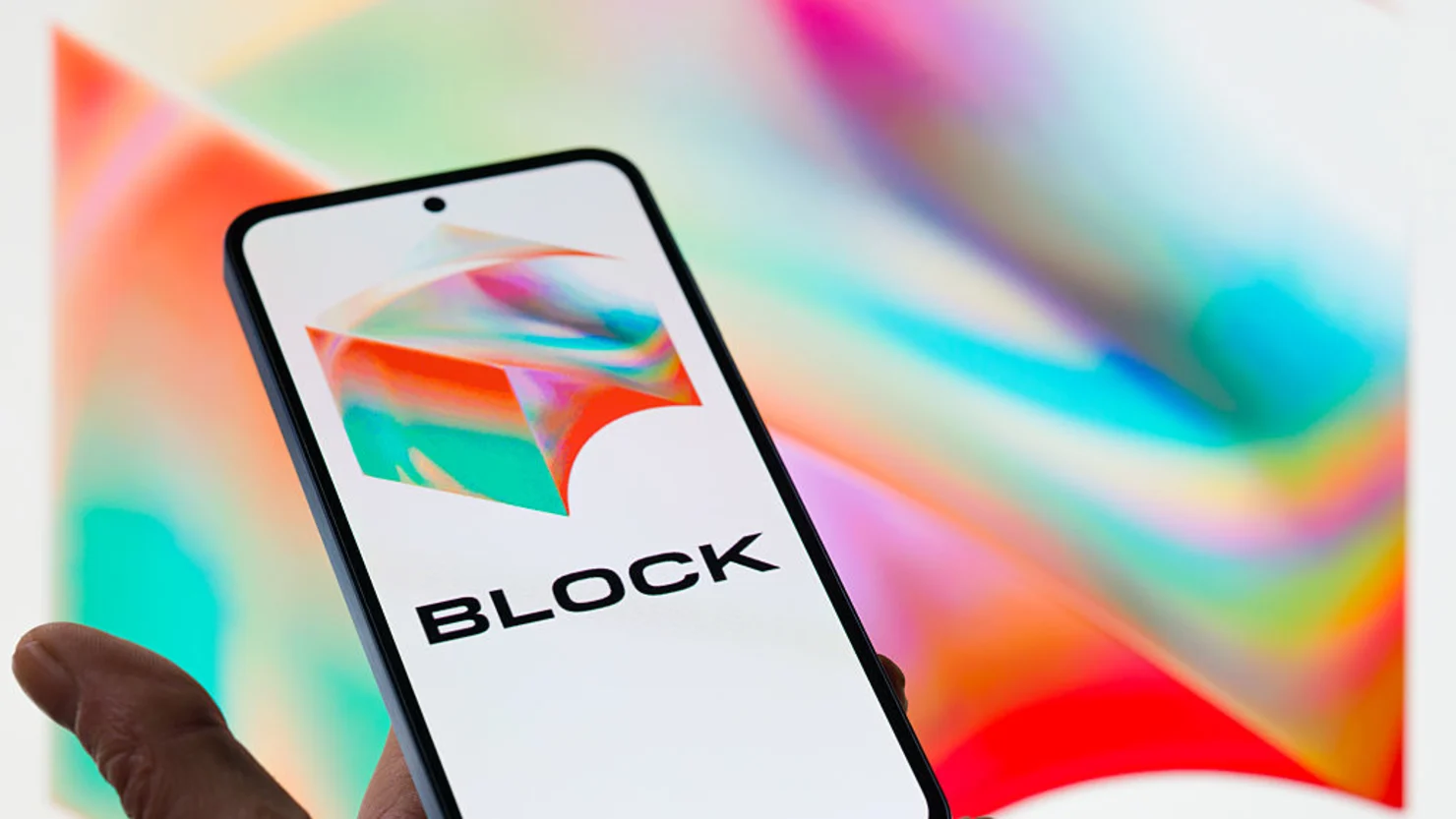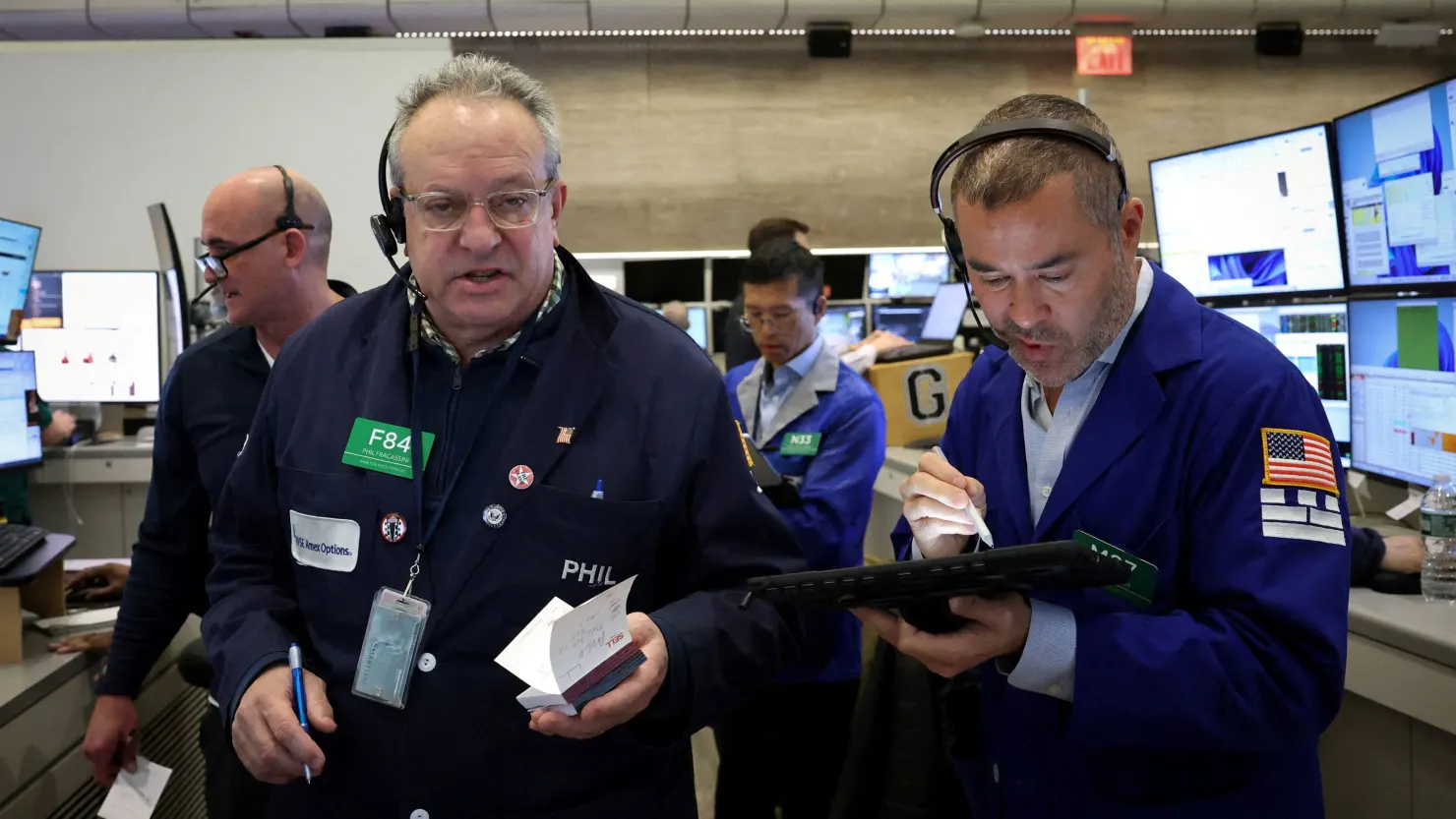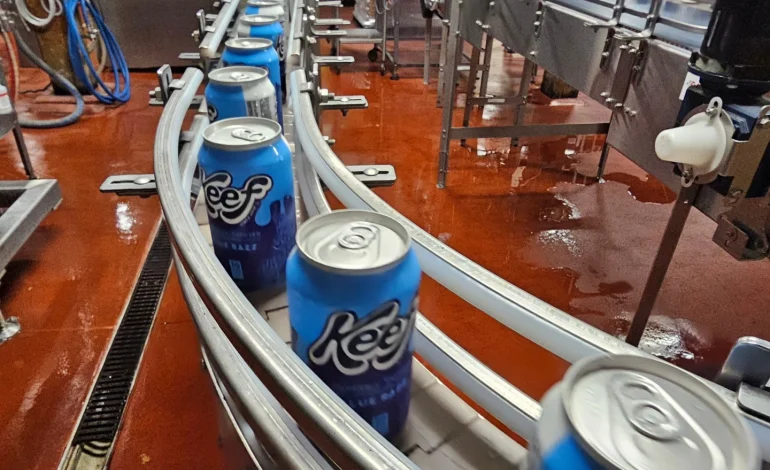The original story by Steve Karnowski and Gene Johnson for AP.
On a recent day at Indeed Brewing, the canning line was humming — but not with beer. The cans rolling off the line were filled with THC-infused seltzer, the kind of drink that’s quietly become a lifeline for craft breweries as alcohol sales have softened.
Now that lifeline is in serious trouble.
Tucked deep inside the bill that ended the recent federal government shutdown was a surprise provision: a nationwide ban on “impairing” hemp products like THC drinks and snacks. If it stands, it kicks in November 2026 and threatens to upend a $24 billion hemp industry that’s exploded over the last few years.
“It’s a big deal,” said Ryan Bandy, chief business officer at Indeed. “It would be a mess for our breweries, for our industry, and obviously for a lot of people who like these things.”
Here’s what’s going on and what comes next.
On paper, marijuana and hemp are the same plant. The difference is what they’re grown for:
- Marijuana: bred for high THC in the flower (the stuff that gets you high);
- Hemp: bred for low THC, used for fiber, food, CBD, and wellness products.
For years, hemp farmers pushed a simple pitch: “Rope, not dope.” They wanted legal status for industrial hemp, not recreational weed.
They got their win in 2018, when Congress passed a farm bill that legalized hemp nationwide — as long as it contained less than 0.3% delta-9 THC.
But that definition turned out to be a massive loophole.
A drink or snack could stay under that 0.3% threshold by concentration and still pack enough total THC to get people high. On top of that, companies figured out how to extract non-intoxicating CBD from hemp and chemically convert it into other forms of THC — like delta-8 or delta-10 — that weren’t clearly covered by existing rules.
The result was a flood of hemp-derived THC products:
Vape cartridges;
Gummies and candies;
Chips, cookies, sodas;
Seltzers and “THC spritzers.”
Sold at gas stations, convenience stores, smoke shops — and, increasingly, at small breweries and even major retailers. In many places, kids and teens could get them with minimal oversight. In legal weed states, they undercut highly regulated, heavily taxed cannabis dispensaries. In prohibition states, they became a legal-ish workaround.
Some states, like Indiana, started reporting more calls to poison-control centers for kids accidentally ingesting THC products.
With Washington slow to act, states started rolling out their own fixes — or bans.
- California: Gov. Gavin Newsom signed a law banning intoxicating hemp products outside the state’s licensed marijuana system.
- Texas: Huge hemp market, moving toward stricter rules, like 21+ age limits on impairing hemp.
- Nebraska: Lawmakers have floated outright criminalizing the sale and possession of hemp-based THC products.
- Washington state: Built a regulated hemp program, then banned intoxicating hemp products outside the legal cannabis market in 2023. Licensed hemp growers there dropped from 220 to 42 in five years — and officials expect that to roughly halve again with a federal ban looming.
Then there’s Minnesota, which went the opposite direction. In 2022, it fully legalized THC-infused drinks and foods for adults 21+ — as long as they’re made from certified legal hemp. The category exploded.
- Target sells THC drinks in some Minnesota stores.
- At Indeed Brewing, Bandy says THC beverages are now about one-quarter of the business.
- At nearby Bauhaus Brew Labs, THC drinks make up 26% of distribution revenue and 11% of taproom sales.
For small brewers, these drinks aren’t a side hustle. They’re survival.
Ironically, the same lawmaker who helped legalize hemp is now leading the charge to rein it back in.
Sen. Mitch McConnell, who pushed the 2018 hemp legalization partly to boost farmers in his home state of Kentucky, slipped the new federal THC hemp ban into the bill that ended the 43-day government shutdown, passed Nov. 10.
The provision would:
- Ban impairing products made from hemp (like THC drinks and snacks);
- Keep industrial hemp and CBD legal for non-intoxicating uses.
“It will keep these dangerous products out of the hands of children, while preserving the hemp industry for farmers,” McConnell said.
The move has fans and furious critics:
- Some in the legal marijuana industry are thrilled, seeing it as the end of unfair, lightly regulated competition.
- Anti-cannabis advocates are cheering, too.
“There’s really no good argument for allowing these dangerous products to be sold in our country,” said Kevin Sabet of Smart Approaches to Marijuana.
But for hemp businesses, it feels like a rug pull.
The US Hemp Roundtable estimates the ban threatens:
- 300,000+ jobs;
- $1.5 billion in annual state tax revenue.
“If this goes through as written currently, I don’t see a way at all that Bauhaus could stay in business,” said Drew Hurst, president and COO at Bauhaus Brew Labs.
The ban doesn’t hit right away. It’s scheduled to take effect in November 2026, giving the industry a short runway to fight back or at least negotiate new rules.
“If they really thought there was a health emergency, there would be no year-long period,” said Jonathan Miller, general counsel for the US Hemp Roundtable. “We are very hopeful that cooler heads will prevail.”
What many in the industry are asking for isn’t a free-for-all — it’s regulation instead of eradication, such as:
- Banning synthetically derived THC;
- Imposing age limits (21+);
- Setting safety testing standards;
- Cracking down on kid-friendly packaging and marketing.
A growing group of lawmakers is trying to find that middle ground.
- Sen. Rand Paul, Kentucky’s other Republican senator, tried to strip McConnell’s hemp language from the spending bill. His amendment lost in a 76–24 vote.
- Minnesota’s senators, Amy Klobuchar and Tina Smith, are working on ways to preserve the industry. Klobuchar has floated letting states build their own frameworks, or using Minnesota’s strict rules as a national blueprint.
For people on the ground, like brewer Kevin Hilliard of Insight Brewing in Minneapolis, the timing is critical.
“If a farmer has uncertainty, they’re not going to plant,” he said.
Seed decisions for next spring come long before 2026.
If you enjoy a THC seltzer instead of a beer, or grab hemp gummies at a liquor store instead of a dispensary, the stakes are simple: products like that could vanish in about two years if nothing changes.
For now:
- Hemp-derived THC drinks and snacks are still legal in many places, depending on state law.
- The federal ban is not in effect yet — but it’s on the books.
- The next year or so will determine whether the US ends up with a regulated hemp THC market or a blanket ban.
Brewers like Indeed and Bauhaus, hemp farmers, small retailers, and major brands are all watching Washington closely — and, in many cases, fighting for a future where “hemp drink” doesn’t become a historical footnote.
As Bandy put it:
“People clearly want these products. The question now is whether the law will find a way to live with that — or just kill the category entirely.”










The latest news in your social feeds
Subscribe to our social media platforms to stay tuned